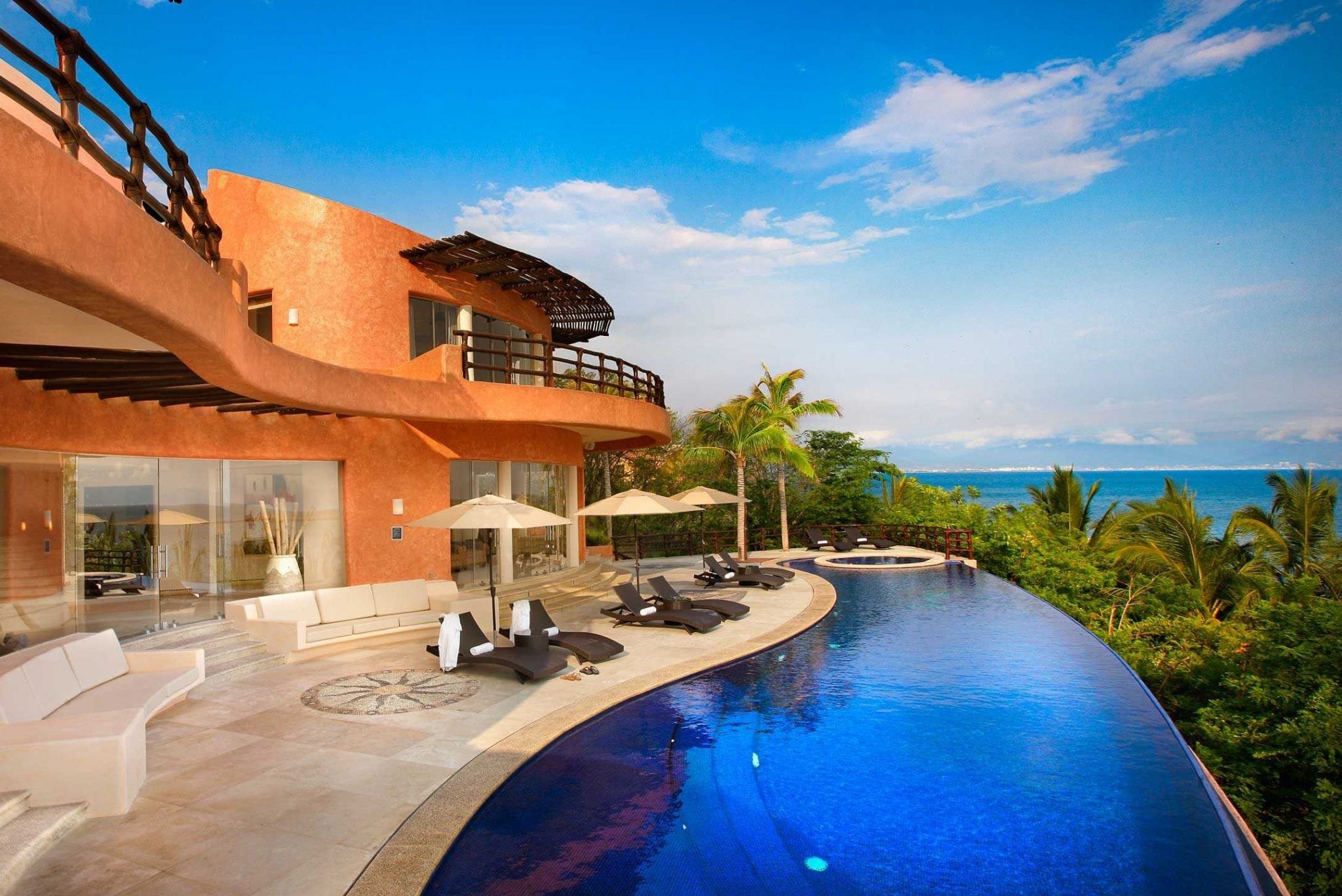What Wealthy Travelers Look for in Their Vacation Rentals

Skift Take
Whether the wealthy are looking for multi-million dollar beachfront villas or penthouses soaring into the Manhattan skyline, the options for finding such ritzy accommodations are increasing in number.
But it's not just home sweet home that the luxury market is seeking, according to Jeff Hartman, senior vice president of marketing and communications for Inspirato. The wealthy want their rental homes to come with "seamless service, certainty, and a guarantee of excellence."
Inspirato is a private home rental membership club started by Brian Corbett, Martin Pucher, and Brent and Brad Handler. The Handler brothers previously founded Exclusive Resorts in 2002. Exclusive, indeed: to be a member of that club, initiation fees start at $85,000 and the lowest annual fee is around $20,000 (for 15 nights of lodging).
Leaving Exclusive Resorts in 2010, the brothers started Inspirato the following year. The new membership club model has initiation fees ranging from $10,000 to $30,000 and annual dues of $3,400 (lodging is additional). Among the investors are Institutional Investor Partners, W Capital Partners, and Steve Case of AOL and Revolution fame. Inspirato currently has more than 14,000 members. According to Hartman, the bulk of the membership is in the 40 to 60 age range, with a minimum net worth of $3 million.
The idea, according to Hartman, is to combine the luxury residential vacation experience with the consistency and branded excellence of a five-star resort. The cornerstone is the company's portfolio of Inspirato Residences, luxury homes under exclusive lease. This allows the company to come in, upgrade furnishings, and keep the rental pool limited to Inspirato members.
"We are not a broker," Hartman stresses. "We take control of our home inventory and furnish them so they are consistent in quality." Additionally, each home rental comes complete with a dedicated concierge to attend to individual needs.
Inspirato has added other options to its portfolio, including residences located on resort properties, which are rented out long-term. Inspirato also has an inventory of luxury hotel rooms made available to members with special packaging. In total, between hotels and homes, Inspirato operates in more than 175 locations around the world.
During the past couple of years, the company has also been hosting special members (and potential members)-only events in North America. Examples include exclusive fashion shows and cooking classes with James Beard Award-nominated chefs.
Oasis is another home rental concept that sticks its toes into the luxury space, but is not exclusive to it. The collection of properties ranges from three-star to five-star, and is marketed to both the luxury-aspirational market and the DIY tiers of the luxury sector. Oasis has properties in 23 cities in the United States, Europe, and South America.
Chief Marketing Officer David Fudge notes, "Oasis is not a peer-to-peer platform and we are not property managers." All listed properties are personally curated, having to meet standards outlined in a 50-point checklist," according to Fudge. Furthermore, "properties are generally second homes. They have to be available at least six months a year and we ask that no personal items are in the home." Oasis stocks the bathroom with toiletries and towels and guarantees guests free wifi. There is also a concierge on hand to help guests check in and check out a city.
The company was launched in Buenos Aires in 2009. In 2016, AccorHotels bought into its "Home Meets Hotel" concept, and now owns 30 percent of the brand. Perhaps not coincidentally, AccorHotels bought luxury rental curator OneFineStay last year, which operates with a similar ethos
In starting Oasis, CEO Parker Stanberry sought to disrupt the traditional hospitality model by deconstructing the hotel experience, decentralizing its elements and then assembling lifestyle elements "off-property" in the areas of food, fitness and fun.
For example, Oasis guests have access to private clubs. In essence, according to Fudge, this "moves the hotel lobby and social spaces outside of the rental property." In Buenos Aires, where the company was founded, the social club (complete with event space, restaurant, bar and pool) is owned by Oasis. In other cities, Oasis has alliances with private member clubs like 41 Ocean in Los Angeles and The Spoke in Toronto. In addition, Oasis offers restaurant and shopping discounts, along with spa and gym credits. Partners are selected keeping the customer demographic in mind. That demographic--the 30-something young urban professional. The average age of an Oasis customer is 38, with a minimum household income of $150,000.




